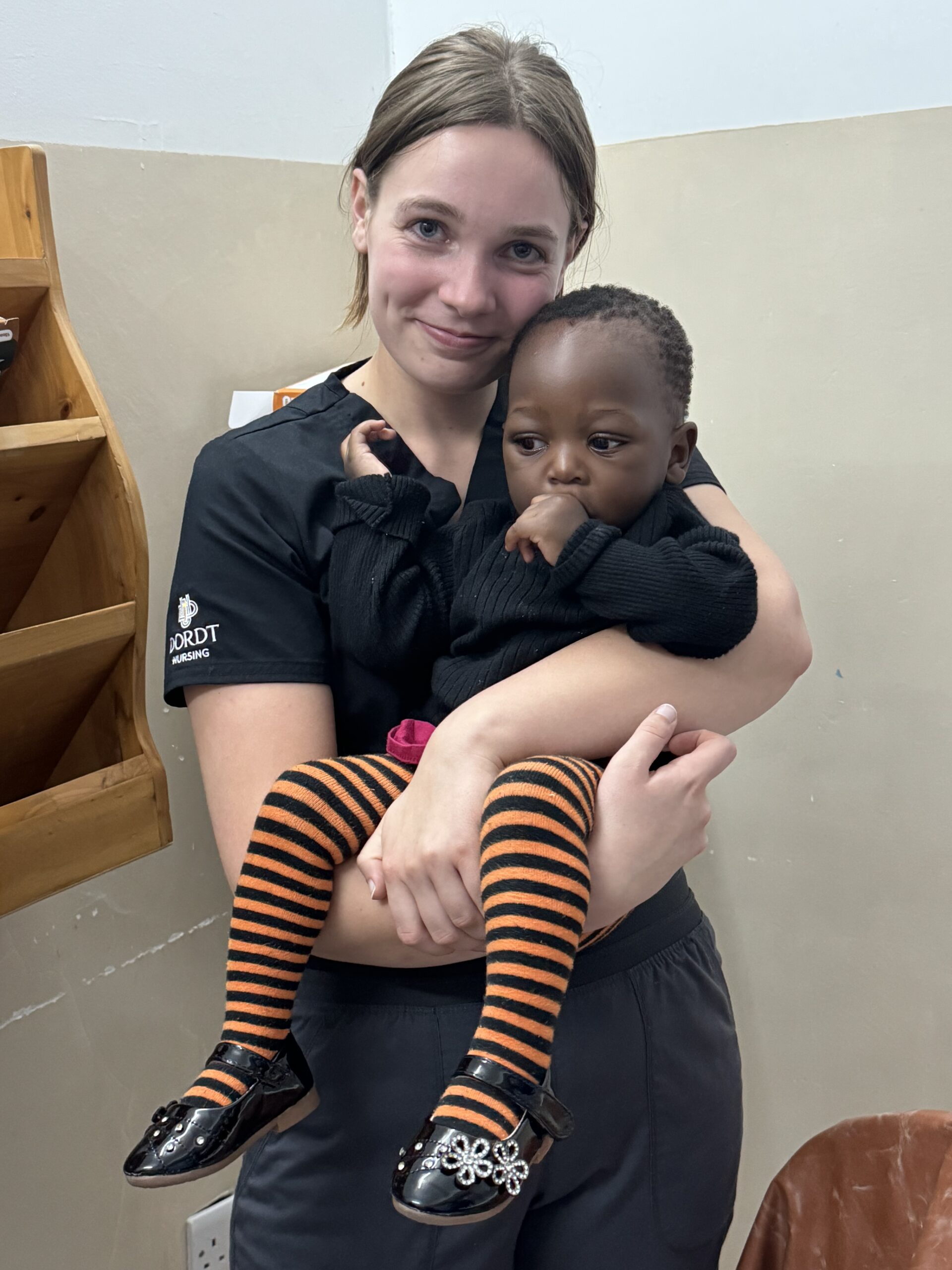Patient First
So, now I'm an occupational medicine expert for mining.
Of all the things I thought I would be teaching, the least likely I would have expected is talking about worker's compensation injuries. But, I found myself in front of some young doctors eager to learn about what I knew to screen for injuries, assess, and how to safely get patients back to work. The physicians work closely with the mine operators/owners and shared with me the growth and sophistication of their program. It amazingly parallels what I saw in the packing industry over my 26 year career in Sioux City. They are focused on vibration assessment to see if they can determine a tolerable threshold under which injuries would be less likely. They are hopeful this will be a path to diminish complaints of pain interfering with work. I wished them success.
We shared on two problem issues. First, the patient will little evidence of structural problems that continues to complain of work-induced pain. We discussed their protocols and how they could be improved. I recommended that they need to outline a clear path for the patient with endpoints of return to work or settlement. Currently their endpoint is endless and frustrating for everyone. We talked about how sometimes being a patient advocate requires "tough love", advising what is best for long term results when patients may not agree with your recommendations. They have created a work injury commission to improve these issues.
The second issue was how patients with serious, career-ending injuries are handled. For example, these include people with spine injuries causing paralysis or those with extremity amputation. Currently, as was explained to me, their care is paid for but their life-long compensation is for the mine to give their spouse or another family member a job to replace the income. We talked about the fairness of that plan and what was the physician's role in advocating for their patients. We discussed the ethical dilemmas that can arise when being paid by the mine and being a miner's doctor. We concluded the conversation by acknowledging their privileged position in society, the sacred trust that is bestowed upon them by their people and that they can make an impact on how people should be justly treated. I was so impressed.
For me, things always get easier to think through when you put the patient first.
Sent from my iPad
CONFIDENTIALITY NOTICE: This E-mail (including attachments) is covered by the Electronic Communications Privacy Act, 18 U.S.C. Sections 2510-2521, is confidential and may be legally privileged. If you are not the intended recipient, you are hereby notified that any retention, dissemination, distribution, or copying of this communication is strictly prohibited. Please reply to the sender that you have received the message in error then delete it. Thank you.



